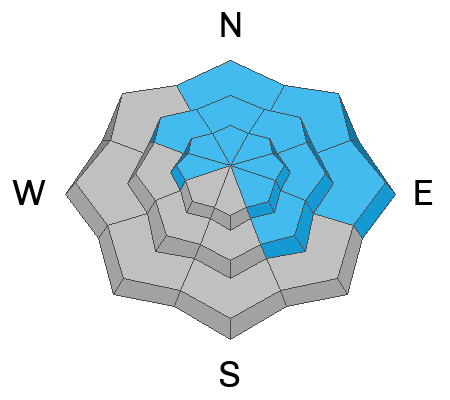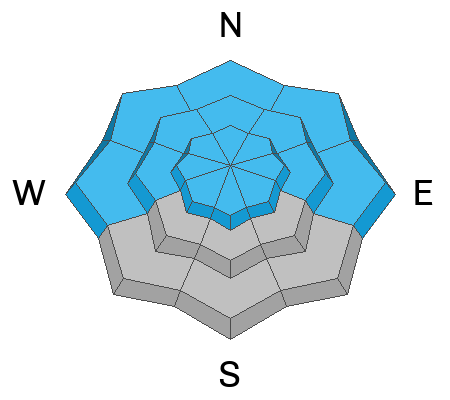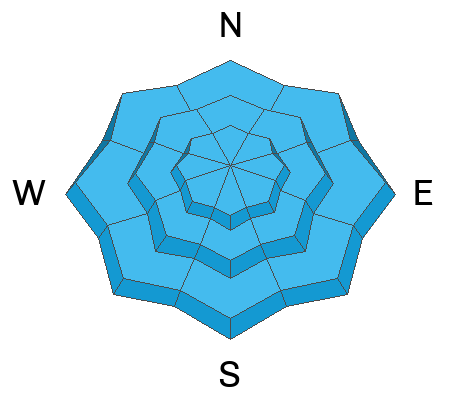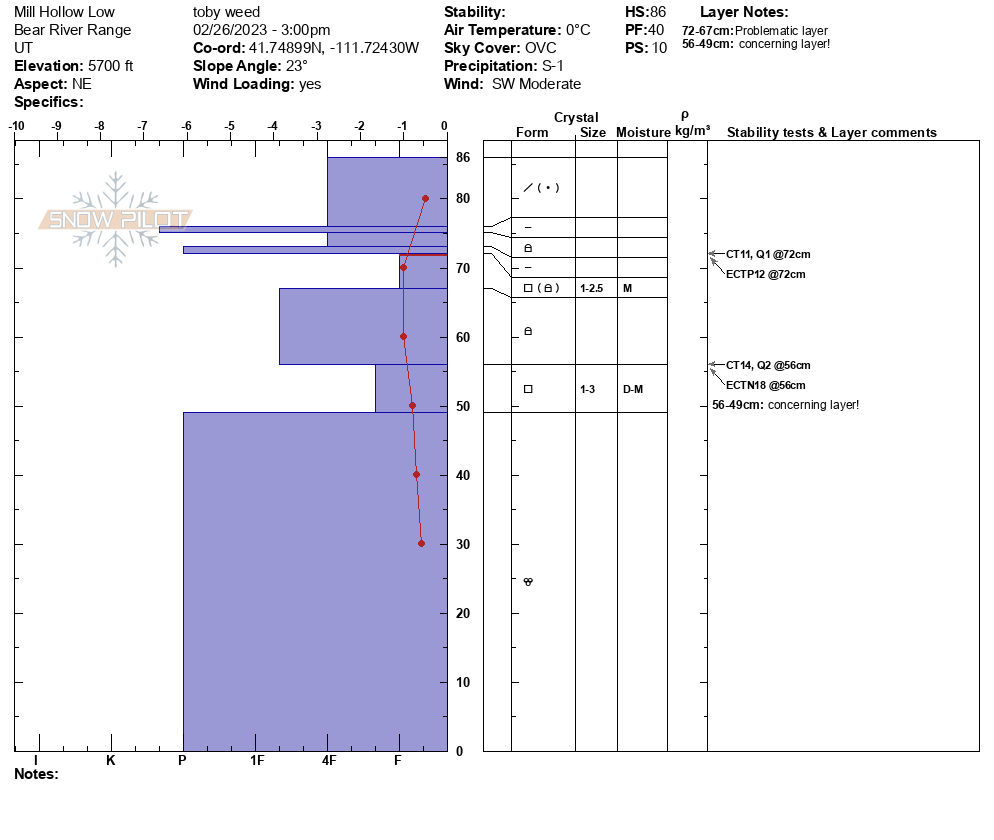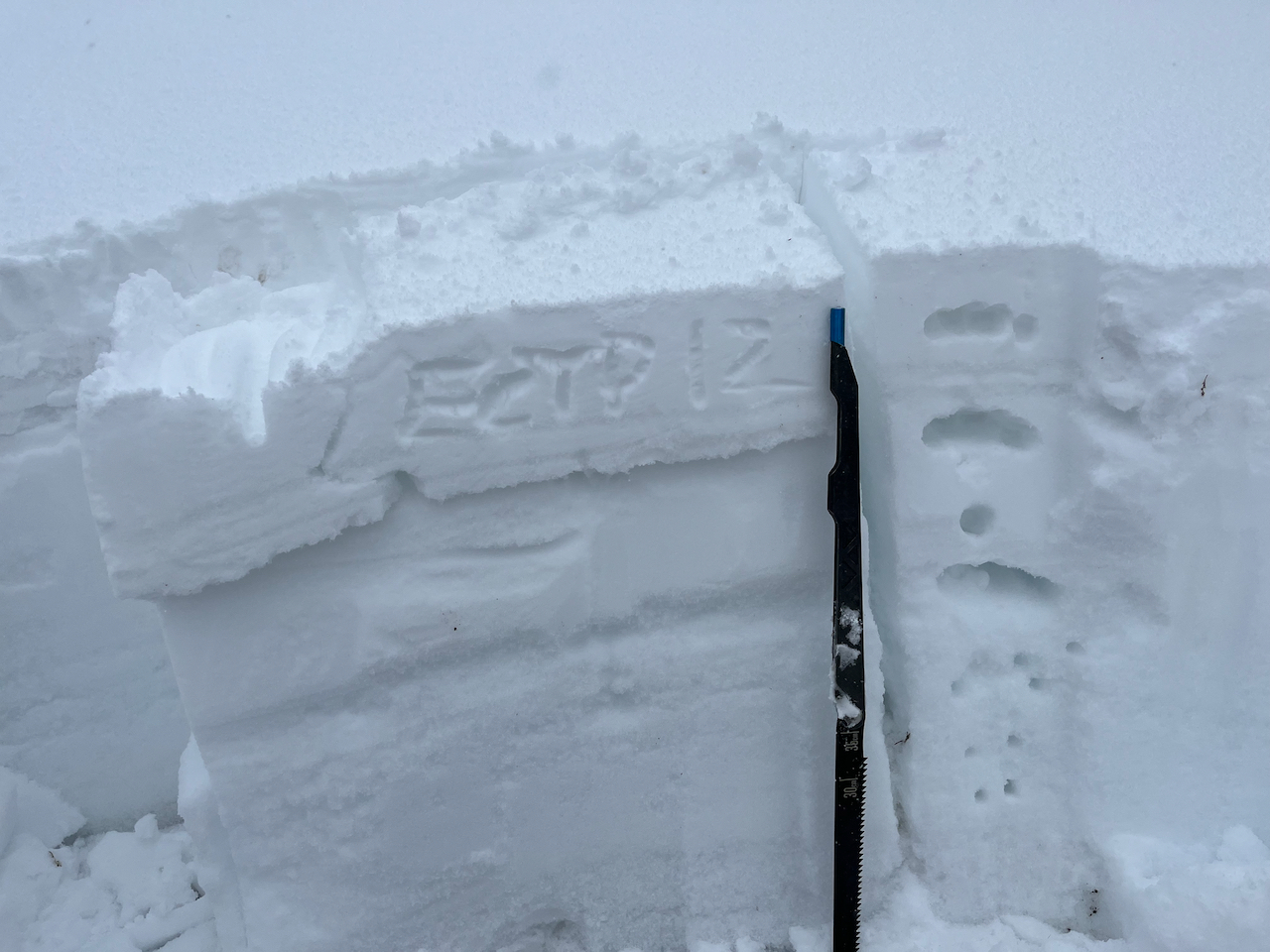Forecast for the Logan Area Mountains

Issued by Toby Weed on
Monday morning, February 27, 2023
Monday morning, February 27, 2023
There is CONSIDERABLE avalanche danger in the backcountry at all elevations. Natural avalanches are possible and people are likely to trigger avalanches on slopes steeper than 30°. Dangerous conditions exist on drifted slopes, and heavy snowfall and drifting from strong winds from the southwest will continue to elevate avalanche danger. The danger could rise to HIGH in windy terrain at upper elevations later today. If so, long running natural avalanches will become likely.
- Make conservative decisions and evaluate snow and terrain carefully.
- Avoid travel in drifted upper elevation terrain later today, and stay clear of avalanche runouts.

Low
Moderate
Considerable
High
Extreme
Learn how to read the forecast here


